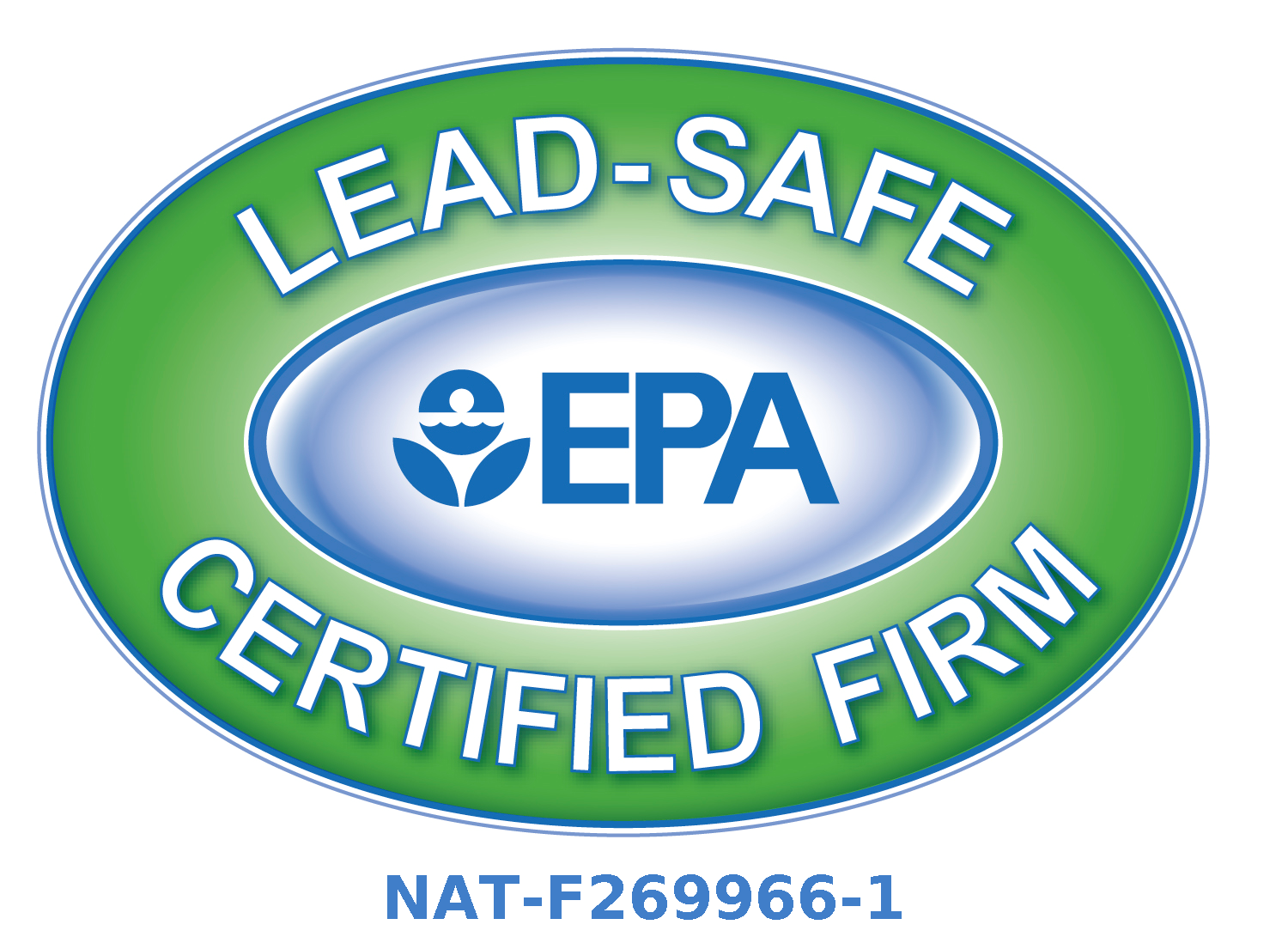Knowledge Center: Your Go-To Resource for ADUs and Tiny Living
Knowledge Center: Your Go-To Resource for ADUs and Tiny Living
Email [email protected]
Phone 860-TINY-HOM (es)

Are ADUs a good investment?
Are Accessory Dwelling Units (ADUs) a good investment? This question has gained significant traction among property owners seeking to maximize their real estate assets and generate additional income streams. ADUs, also known as granny flats or in-law suites, offer a versatile housing solution with the potential for financial gains.
Let's explore the various financial considerations, potential returns on investment, regulatory factors, case studies, risks, and financing options associated with an ADU investment. Whether you are a homeowner looking to increase property value or an investor seeking passive rental income, understanding the nuances of ADU investments can help you make informed decisions in the real estate market.
Financial Considerations for ADU Investments
Considering dipping your toes into the world of ADU investments? Here's what you need to know about the financial side of things.
Initial Investment Costs
Building an ADU can be a significant upfront investment, involving costs such as design, permits, construction, and utility connections. However, costs can vary depending on the size, design and customization.
Operating Expenses and Maintenance Costs
Once your ADU is up and running, don't forget about ongoing expenses like utilities, insurance, and maintenance. Factoring these costs into your budget is crucial for a realistic financial outlook.
Potential ROI of ADUs
Curious about the potential return on investment for your ADU venture? Let's break down the possible financial gains.
Rental Income Potential
Renting out your ADU can provide a steady stream of income to help offset your initial investment. The rental income potential can vary based on home location, size, condition, and amenities.
Property Value Appreciation
In addition to rental income, adding an ADU can boost your property value. The increased square footage and potential rental income can make your property more attractive to buyers, potentially leading to a higher resale value down the road.

Regulatory Factors Impacting ADU Investments
Before you start building your dream ADU, it's crucial to hire an expert team like Contemporary Tiny Homes to help you navigate the regulatory landscape. Here are some key factors to consider.
Zoning and Permitting Requirements
Each city or municipality has its own regulations regarding ADUs, including zoning laws, size restrictions, and permitting requirements. Ensuring compliance with these regulations is essential to avoid costly penalties or setbacks.
Local Housing Policies and Incentives
Some areas offer incentives or streamlined processes for ADU construction to address housing shortages or promote sustainable housing options. Researching local housing policies and incentives can help you make informed decisions about your ADU investment.

Risks and Challenges of ADU Investments
Market Fluctuations and Economic Uncertainties
Investing in ADUs isn't without its risks. Economic downturns can impact rental demand and property values, potentially affecting your investment returns. Keeping abreast of market trends and having a contingency plan in place can help mitigate these uncertainties.
Tenant Management and Legal Issues
Managing tenants and navigating legal obligations can be daunting for ADU owners. From screening tenants to handling maintenance requests, there's a lot on your plate. Familiarizing yourself with landlord-tenant laws and setting clear expectations from the outset can help avoid potential conflicts down the line.
Financing Options for ADU Projects
Traditional Mortgage Lenders
Securing financing for an ADU project can be done through traditional mortgage lenders who offer home equity loans or lines of credit. These options allow homeowners to tap into their home's equity to fund the construction of an ADU.
Alternative Financing Solutions for ADUs
For those seeking other financing options, there are specialized lenders that cater specifically to ADU projects. From construction loans to ADU-friendly financing programs, exploring these alternatives can provide flexibility and tailored solutions to suit your investment needs.
In conclusion, the decision to invest in ADUs requires careful evaluation of financial factors, market conditions, and regulatory considerations. While ADUs can offer promising returns and benefits, it is essential to weigh the potential risks and challenges associated with this type of investment. By leveraging the insights provided in this article, property owners and investors can navigate the complexities of ADU investments with confidence and make informed decisions that align with their financial goals and long-term strategies in the real estate market.
FAQs
Are ADUs a profitable investment?
While ADUs have the potential to generate rental income and increase property value, their profitability depends on various factors such as location, market demand, initial investment costs, and ongoing expenses. Conducting thorough financial analysis and market research can help determine the profitability of an ADU investment.
What are the regulatory challenges associated with building ADUs?
Regulatory challenges related to ADU investments can include zoning restrictions, permit requirements, size limitations, and compliance with local building codes. It is crucial to consult with local municipalities to understand the regulatory landscape in your area before embarking on an ADU project.
How can I finance an ADU project?
Financing options for ADU projects may include traditional mortgage lenders, home equity loans, construction loans, or alternative financing solutions tailored for accessory dwelling units. Exploring different financing avenues and working with financial experts can help you secure the necessary funds for your ADU investment.

Copyright 2026. All rights reserved. Norwalk, CT
Connecticut's New Home Construction Contractor License: #NHC.0017654
EPA Lead-Safe Certified NAT-F269966-1



